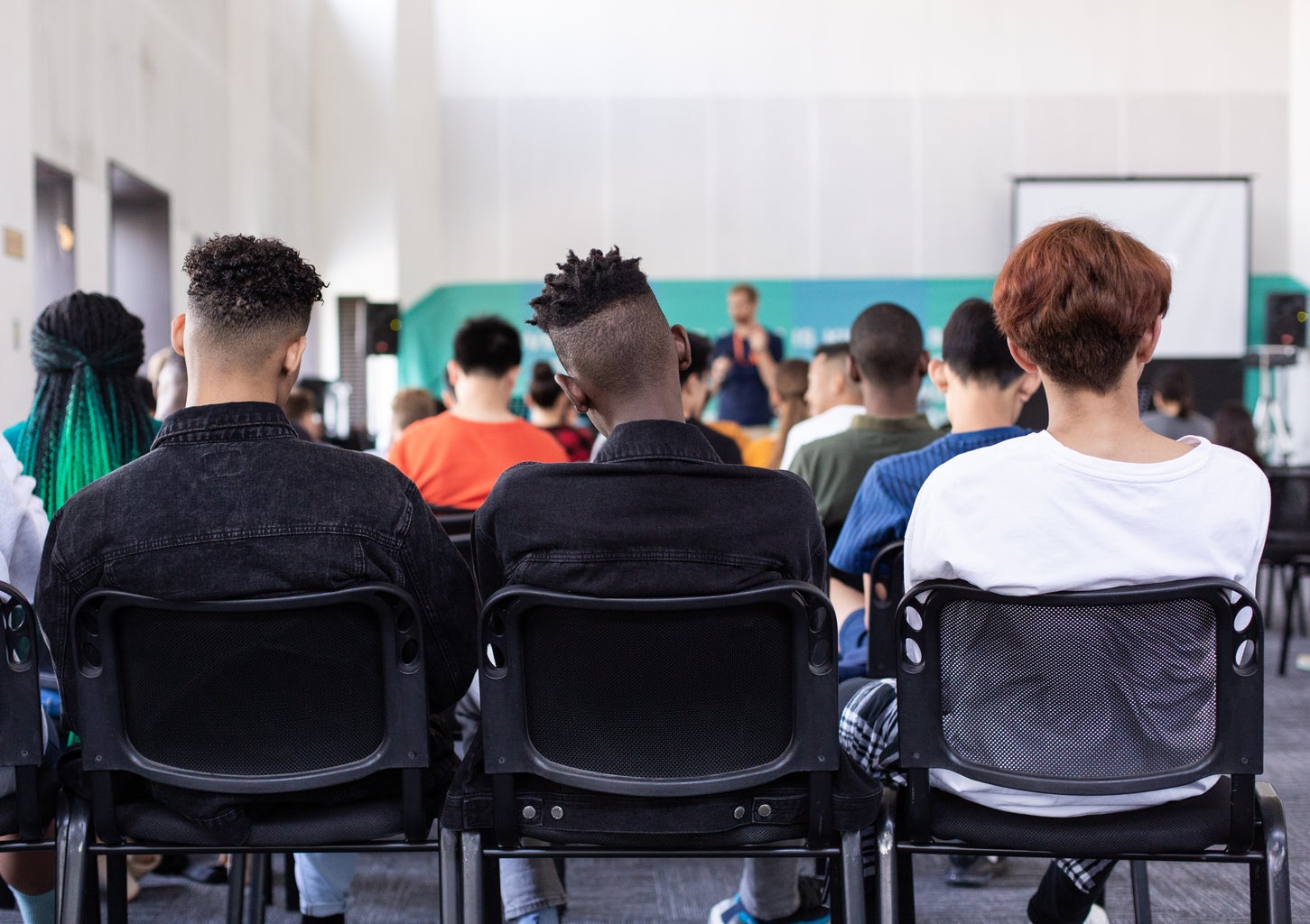When I was in the second grade, my teacher told my class one morning that we would have a substitute teacher the following day. My teacher always told us in advance whenever she would be gone, so the announcement seemed nothing out of the ordinary. Little did I know that the substitute teacher in question would become someone I’d still remember 10 years later.
At the time, a devastating typhoon had just hit the Philippines. I still vaguely remember hearing my parents talk about what happened, but I had never heard much talk about it outside of the house. So understandably, it was a bit of a shock to my eight-year-old self when my teacher brought it up.
I was sitting on the class carpet, cross-legged, a mere arm’s length away from my teacher because she was my favourite. She explained that the substitute’s family in the Philippines had been impacted by the wreckage of the typhoon. I have such a vivid memory of her asking us to be especially respectful the next day.
My second-grade teacher instilled one overarching lesson in us: show kindness to each other. I could tell at that moment that she really wanted us to exhibit that.
I wish I could remember more about that substitute. The only solid memory I have is listening to her talk at the front of the class. I also remember trying to be as attentive as possible because my teacher asked us to make her feel welcome. However, as a little girl, when I saw an adult outside of my family who looked and sounded like me, listening to every word they said came as a reflex.
What I’m trying to say through this anecdote is that representation is everything, and should be treated as such. I chose this experience to open my argument because I consider it the first time I felt represented. That isn’t to belittle the impact my family and close friends had on me, but it just felt different being able to see myself in a stranger. To me, that is the basis of representation: being able to see yourself reflected in another person, even if you don’t know them.
When it comes to representation, it doesn’t matter how short the interaction was or whether or not you ever saw the person again. Any memory that involves feeling seen is one that stays with you for the rest of your life.
A few weeks ago, I was doing research for a midterm paper about discovering and understanding my roots. While browsing through articles, I couldn’t help but notice the shift in the authors’ names. I saw journalists who had two first names just like I do, others who shared the same name as some of my relatives, and one who even had the same surname as me. As a Filipina journalism student in Canada, who only started university three months ago, it meant a lot seeing people who share my nationality in positions I dream to be in one day.
Although these two experiences in my life happened a decade apart, both made me feel the same thing: represented.
Representation should not be a one-time matter. It should be something we continuously see, and whether it exists should not have to be questioned by those looking for it.
Representation should have no single designated spot. While it’s vital within the classroom, its presence should not be limited to the school environment. In other words, representation should be anywhere and everywhere: the workplace, history books, the media we consume, the people we look up to, and the people who succeed.
Representation should empower those in minority groups. It should be executed with care, so we can be represented accurately. It is important to note that something it’s not genuine representation unless it truthfully depicts a certain person’s—or group’s—cultures, beliefs, values, and ultimately who they are as human beings. Representation should bring about the humanity of people, not deprive them of it.
The survival of representation is extremely fragile because the continuity of its existence relies directly on us. Let’s empower those who struggle to get their voices heard. Let’s speak out when a statement deemed factual is actually far from true. Let’s show appreciation for all those around us, especially those who don’t get applauded enough.
We need to sustain representation in any way we can. For many people, representation is what strengthens their identity, allows them to hold themselves in higher esteem, and reminds them that they do not deserve to feel caged in just because of how they look. Representation looks a person in the eyes and tells them that their dreams are possible.




